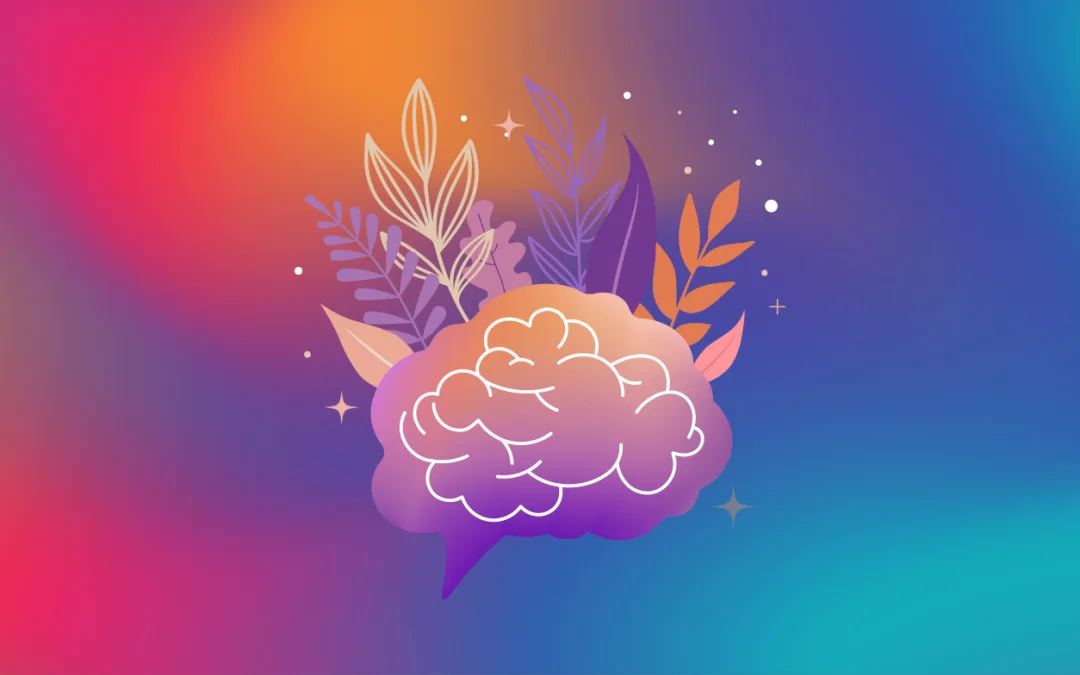In his State of the Nation Address in February 2023, President Cyril Ramaposa referred to South Africans as a nation defined by hope and resilience.
South Africans pride themselves on being resilient.
Apartheid. State Capture. Loadshedding. Cost-of-living. Global pandemic.
No matter the challenge, South Africans seem to keep finding ways to come out on the other side, often through their capacity for humour!
Reports released by life insurers show a not-so-resilient nation. According to Bessel van der Kolk, ‘the greatest source of our suffering are the lies we tell ourselves’. Have South Africans been lying to themselves about the impact of the challenges they face?
Life assurer, Liberty, says suicide claims accounted for half of mental health claims in 2022, while depression and anxiety accounted for 16%. These statistics represent a reduction in the proportion of total claims compared with 2021. Although the proportion of suicide claims has decreased, Liberty has seen an increase in the proportion of claims related to mental illness in the income protection category. These relate to claims made by individuals who were unable to work for a short period due to mental illness and needed to claim from their income cover.
Old Mutual’s top three claims under psychiatric disorders were major depression (46%), post-traumatic stress disorder (33%) and bipolar depression (7%). The age bands most affected were those between 40 and 60.
During the last 10 years, Discovery paid out more than R3.2 billion for mental and behavioural claims, including suicides. In 2022, Discovery Life experienced suicide claims that were 13% higher than the 2019 – 2021 period and 24% higher than the 2016 – 2018 period.
Worldwide, 970 million people are struggling with some form of mental health challenge. Depression is one of the leading causes of disability. Suicide is the fourth leading cause of death among 15-29-year-olds. People with severe mental health conditions die prematurely – as much as two decades early – due to preventable physical conditions. Anxiety is the most common mental illness in the world, affecting 284 million people.
Global statistics show a bleak picture of mental health and unfortunately, South Africa’s picture doesn’t look any better. According to the 2022 World Mental Health Report, South Africa ranks low on mental health. This is because our country is beset by living conditions that fuel poor mental health, including social and structural drivers, such as high levels of violence, poverty, unemployment and inequality. Combined, these factors result in mental health disorders, such as psychological distress, inability to concentrate, depression, anxiety, suicide, hopelessness and feelings of worthlessness.
The South African workforce find themselves in the midst of the mental health pandemic. Mental disorders result in massive amounts of lost productivity each year and it is estimated that employee absenteeism on account of depression alone, costs the South African economy approximately R19- billion annually. Not only is the impact seen in absenteeism and presenteeism, but with the existence of heightened overall stress and additional adversities faced by employees, we now see trends such as ‘quiet quitting’ emerging.
Not only do South Africans see themselves as resilient they also find pride in being hard workers. South Africans are listed as the fifth most hardworking country in the world. Evidence suggests that long work hours can be detrimental to personal health. Mental well-being and happiness often derive from a good work-life balance and South African employees are not happy! According to the World Happiness Index, South Africa unsurprisingly came in at the lowest with a happiness index of 4.72 likely due to being overworked and not having much free time.
Traditional Employee Assistance Programmes (EAPs) attempted to solve the challenges of the South African workforce. Unfortunately, these traditional programmes are no longer effective as they are mostly reactive, have low awareness and low trust amongst employees and as a result low utilisation. Today’s mental health challenges cannot be solved with the same solution.
To meet the challenge of creating an enhanced solution to address the mental health crises faced by South African employees, Kaelo has added essential capabilities that will improve access, engagement and outcomes. In line with our vision to reach more people in more scalable ways, we are introducing technology to improve our clients’ mental well-being journeys.
Technology has revolutionised mental health treatment and has become a vital tool in supporting individuals’ mental health. Technology will play a significant role in helping to transform mental healthcare, improving the way we connect and use information, which can help on every level to change the narrative.
By introducing the Digital Mental Health Support benefit, Kaelo provides anonymous access to mental health support through live-audio talks, mental health assessments and a library of self-guided mental health tools. Incorporating mental health apps into your workplace wellness initiatives will significantly contribute to employees’ well-being and overall job satisfaction. Digital mental health support provides accessible and convenient support, enabling employees and their dependents to take proactive steps towards improving their mental health.


